Aruna asaf ali is a name of women with the spirit of courage and resilience in the annals of Indian history. Her indomitable will and relentless pursuit of freedom for India have etched her legacy as one of the most formidable figures in the independence movement. This blog post delves deep into the life and contributions of Aruna Asaf Ali, exploring various facets of her journey, the challenges she faced, and her enduring impact on India’s socio-political landscape.
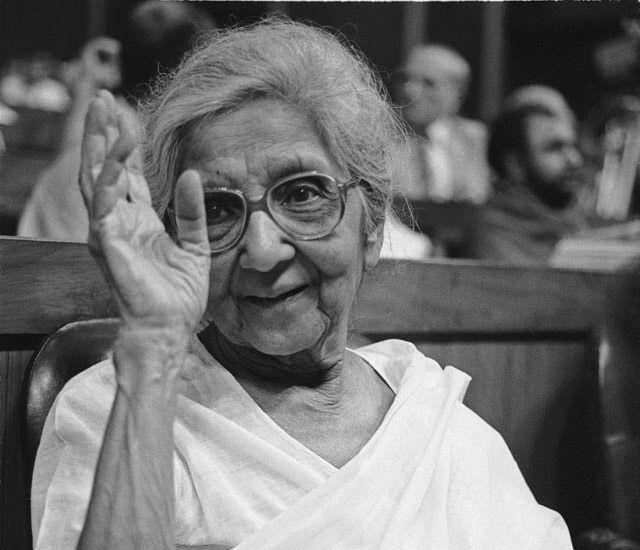
Early Life and Education
Aruna Asaf Ali was born on July 16, 1909, in Kalka, Punjab, into a Bengali Brahmo family. Her father, Upendranath Ganguly, was a restaurateur, and her mother, Ambalika Devi, was a homemaker. Growing up in a progressive environment, Aruna was encouraged to pursue education and independent thinking. She attended Sacred Heart Convent in Lahore and later graduated from All Saints’ College in Nainital. These formative years played a crucial role in shaping her worldview and laying the foundation for her future activism.
Entry into Politics
Aruna’s entry into politics was catalyzed by her marriage to Asaf Ali, a prominent leader of the Indian National Congress, in 1928. Despite the age difference and cultural barriers, their union was marked by mutual respect and shared political ideals. Asaf Ali’s influence and the political milieu of the time spurred Aruna to join the freedom struggle. She actively participated in protests and movements, quickly establishing herself as a dynamic and fearless leader.
Role in the Independence Movement
Aruna Asaf Ali’s most notable contribution to the independence movement was her participation in the Quit India Movement of 1942. On August 9, 1942, despite the Congress leadership being arrested, Aruna hoisted the Indian National Congress flag at Gowalia Tank Maidan in Bombay. This act of defiance galvanized the movement and inspired countless Indians to join the struggle. Her leadership and bravery during this period earned her the title of the “Grand Old Lady of the Independence Movement.”Historians like Bipan Chandra and reports from the Indian Council of Historical Research have extensively documented her contributions. They highlight her strategic acumen and unwavering commitment to the cause, underscoring her pivotal role in mobilizing the masses and sustaining the momentum of the movement.
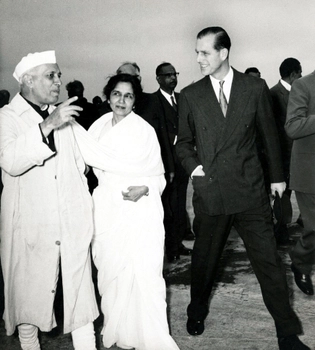
Imprisonment and Underground Activities
Aruna Asaf Ali faced multiple arrests and imprisonments for her revolutionary activities. Her time in prison was marked by harsh conditions and solitary confinement, yet she remained undeterred. While incarcerated, she continued to inspire and organize protests, further solidifying her status as a symbol of resistance.After escaping from prison, Aruna went underground, continuing her fight against British colonial rule. She established a network of underground resistance, coordinating activities and disseminating information through clandestine channels. Her ability to evade capture and maintain the momentum of the movement was a testament to her resourcefulness and determination.
Legacy and Honors
Aruna Asaf Ali’s contributions have been recognized with numerous awards and honors. In 1992, she was posthumously awarded the Bharat Ratna, India’s highest civilian award, in recognition of her immense contributions to the nation. She also received the Lenin Peace Prize in 1964 for her efforts in promoting peace and solidarity.Her legacy continues to inspire future generations of leaders and activists. Aruna’s life is a testament to the power of courage, resilience, and unwavering commitment to justice. Her story serves as a reminder of the sacrifices made by countless individuals in the fight for India’s freedom and the ongoing struggle for social justice.
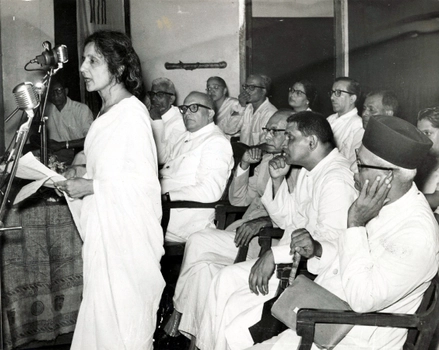
Personal Life and Character
Aruna Asaf Ali was known for her fierce independence and strong character. Personal anecdotes from her family and friends paint a picture of a compassionate, determined, and principled woman. Despite the challenges she faced, Aruna remained committed to her ideals and never wavered in her pursuit of justice.Contemporaries and colleagues have spoken highly of her integrity and leadership. Jawaharlal Nehru, in his writings, described her as a symbol of India’s struggle for freedom and a beacon of hope for future generations. Her legacy is not just that of a political leader but also of a woman who broke barriers and paved the way for others.
Challenges and Controversies
Like many leaders, Aruna Asaf Ali faced her share of challenges and controversies. Her defiance of British authorities led to numerous arrests and imprisonment. She also faced criticism from certain quarters for her radical views and uncompromising stance on various issues. Despite these challenges, Aruna remained steadfast in her beliefs and continued to fight for what she believed was right.Controversies surrounding her political affiliations and strategies were also part of her journey. However, these were overshadowed by her significant contributions and the respect she commanded across the political spectrum. Analyzing these controversies through the lens of history offers a nuanced understanding of her legacy and the complexities of the independence movement.
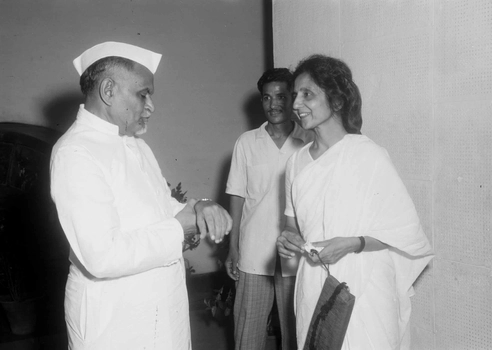
Conclusion
Aruna Asaf Ali’s life and contributions are a testament to the power of individual courage and collective action. Her unwavering commitment to India’s freedom, her resilience in the face of adversity, and her relentless pursuit of justice have left an indelible mark on the nation’s history. As we reflect on her legacy, it is important to remember the values she stood for and continue to strive for a society that upholds justice, equality, and human dignity.
FAQs
Who was Aruna Asaf Ali?
Aruna Asaf Ali was a prominent Indian freedom fighter known for her role in the Quit India Movement and her post-independence contributions to politics and social justice.
What was Aruna Asaf Ali’s role in the Quit India Movement?
She hoisted the Indian National Congress flag at Gowalia Tank Maidan, defying British authorities and inspiring widespread participation in the movement.
How did Aruna Asaf Ali contribute to post-independence India?
She served as the first Mayor of Delhi, worked on urban development, and advocated for women’s rights and social justice.What awards and recognitions did Aruna Asaf Ali receive?She received the Bharat Ratna posthumously in 1992 and the Lenin Peace Prize in 1964.
What challenges did Aruna Asaf Ali face during her political career?
She faced multiple arrests, harsh prison conditions, and criticism for her radical views, yet remained steadfast in her commitment to justice.
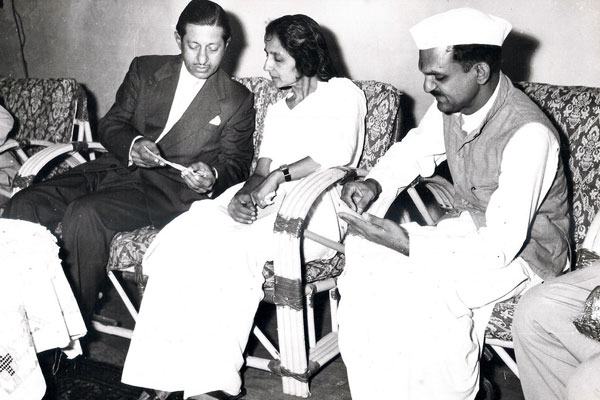
References
1. [Liverage Edu – Aruna Asaf Ali: Biography, Contributions & More]
2. [The Famous People – Aruna Asaf Ali Biography]
3. [Cultural India – Freedom Fighters: Aruna Asaf Ali)
4. [Times of India – Aruna Asaf Ali: The ‘Grand Old Lady’ of the Independence Movement]
5. [Britannica – Aruna Asaf Ali Indian Political Activist]
